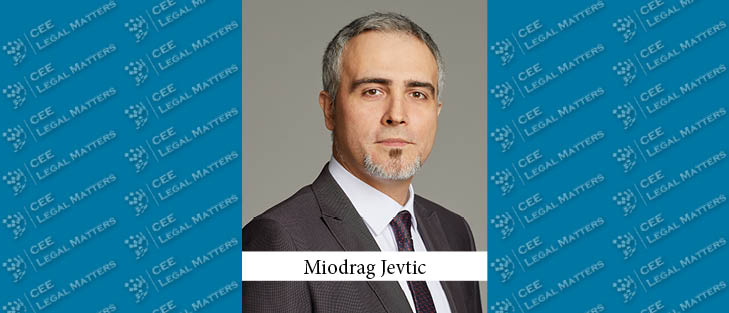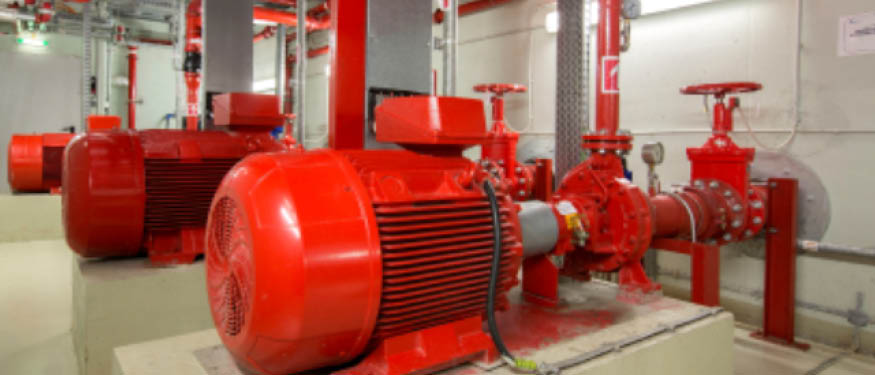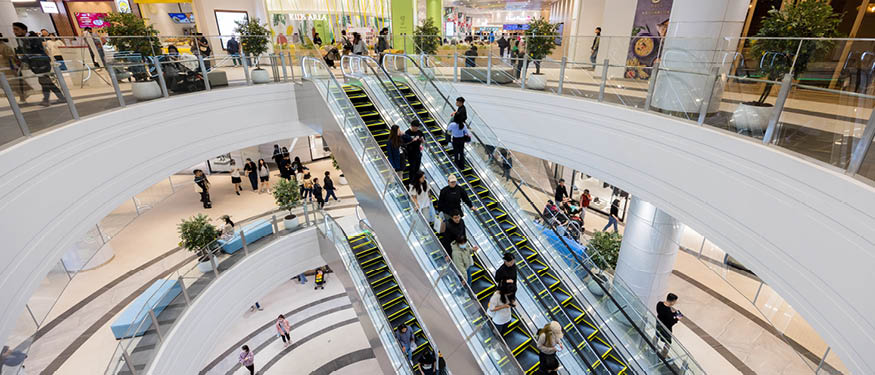Serbia's recent economic growth is driven by foreign direct investment, infrastructure projects, and advancements in several sectors according to Gecic Law Partner Miodrag Jevtic.
"Serbia has been very busy," Jevtic begins. "At a macroeconomic level, we've seen positive trends supported by legal regulations to foster growth. Serbia attracts high levels of foreign direct investments, especially in sectors like technology, renewables, logistics, IT, and manufacturing. FDIs in Serbia this year are expected to reach EUR 5 billion, benefiting export-oriented sectors," Jevtic explains. "Serbia’s geographical position and status as an EU candidate continue to drive investment, and the GDP growth forecast has been revised from an initial 2.5% to a more optimistic 3.8%."
Focusing on infrastructure projects, Jevtic reports that large-scale transport, energy, and telecommunications are a high priority. "Public-private partnership models are an important opportunity here, and the government is also working closely with financial institutions, such as the EIB and the EBRD. A major milestone is the Expo 2027 specialized exhibition, which will be held in Serbia and is seen as a project of national importance. Preparations entail a comprehensive development plan, dubbed ‘A Leap Into the Future,' focusing on road and railway infrastructure to further boost economic growth," he says. "Without infrastructure development, we simply cannot expect sustainable economic growth."
Additionally, Jevtic says that the country's mining sector has been in focus lately. "Serbia has significant potential in the mining sector, particularly with lithium, which is crucial for electric vehicle batteries. It is seen as a long-term development opportunity," he says. "The government is working to support the development of the entire supply chain for electric vehicle and battery production. The recently established strategic partnership with the EU in this area further enhances this opportunity. This will be a game-changer for the industry, and we're already seeing signs of major developments with new electric models produced in Serbia," Jevtic outlines.
Jevtic reports that the country is in "the process of transitioning from coal to renewable energy sources, focusing on solar, wind, and hydropower. The country is accelerating efforts to improve energy efficiency and adopt renewable resources. We just recently witnessed the launch of the largest solar project in Serbia." Moreover, he says that, as an EU candidate, "Serbia trades heavily with the EU, and aligning its policies with EU standards is critical, especially for future exports."
On that note, Jevtic goes on to add that Serbia has been hard at work implementing many EU standards, "in the areas of non-financial reporting and in environmental, social and governance compliance. Many companies have already shifted toward these standards, which is crucial for attracting FDIs and maintaining export relationships with the EU." According to Jevtic, "customers in the EU want to see manufacturers and service providers in Serbia being compliant with environmental and social standards, and Serbia is pushing hard to complete this regulatory alignment.”
Finally, Jevtic provides a brief update on the digital services sector. "While Serbia has yet to introduce 5G, secondary legislation for its implementation is underway and is expected to be completed before the end of this year, paving the way for a rapid rollout," he reports. "This will significantly enhance the digital infrastructure – the legal framework will need to adapt to keep up with these advancements," he concludes.















